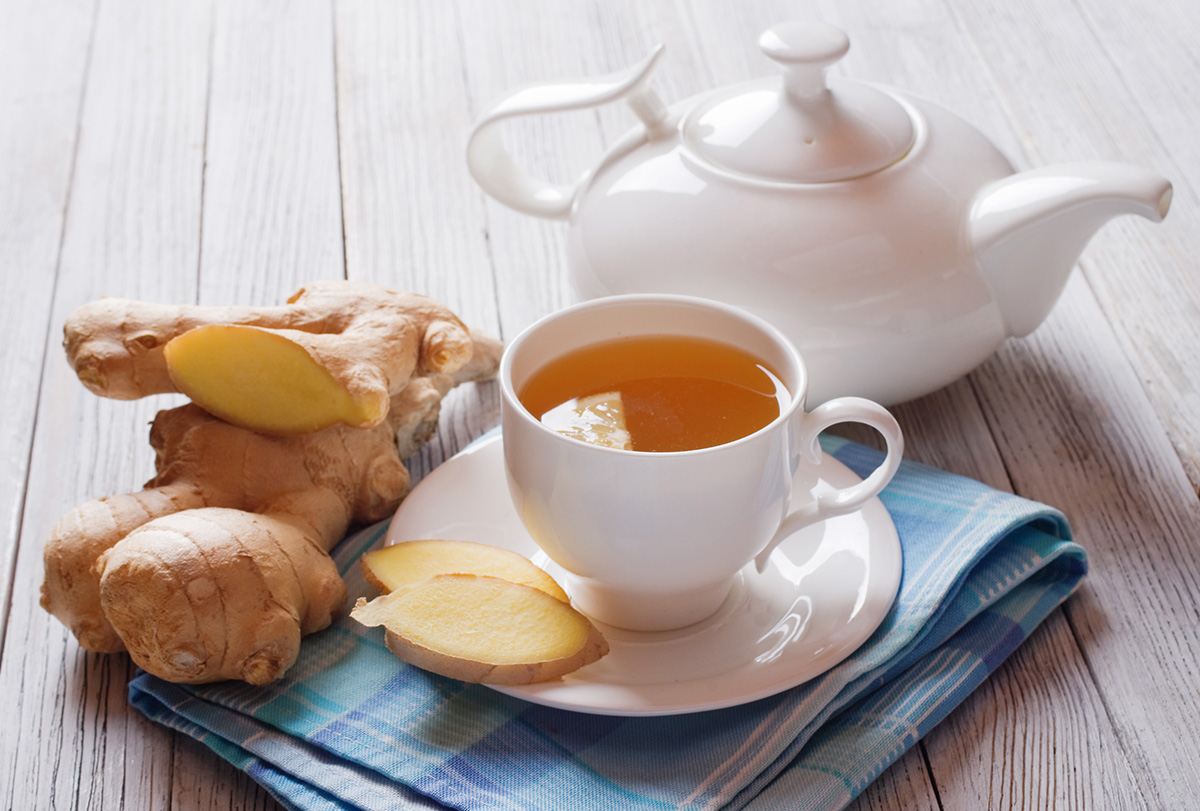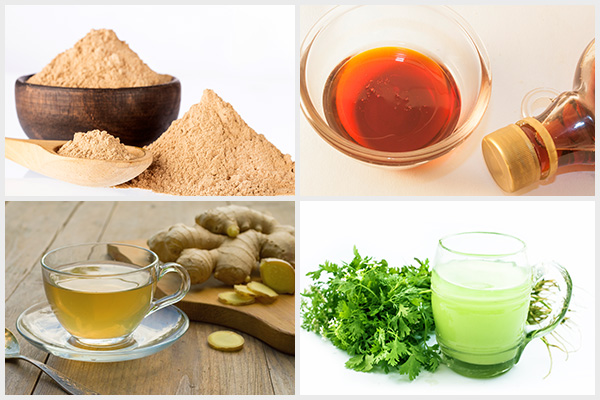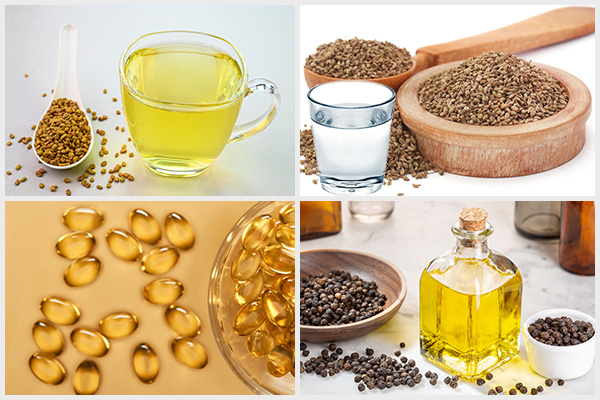In this article:
It is important to understand that a decrease in the desire to eat is not a standalone condition; rather, it is an indication of various ailments including physiological changes associated with aging, medication side effects, chronic illness, depression, and social isolation.

It can also be due to sensory changes, such as diminished taste and smell sensitivity, which can affect food enjoyment.
To identify patients with impaired appetite, healthcare professionals can use various screening tools such as the Council on Nutrition Appetite Questionnaire, the Simplified Nutritional Appetite Questionnaire, and the Malnutrition Universal Screening Tool. These tools assess the presence and severity of reduced appetite and provide guidance for further interventions.
To promote better appetite and increase food intake, healthcare professionals can implement a range of strategies such as modifying the food’s texture and flavor, incorporating small and frequent meals, providing appropriate mealtime support, and addressing any underlying causes of reduced appetite.
Nutritional supplements, such as fortified drinks and snacks, can also help meet the nutritional needs of older adults with poor appetite. (1)
In addition, several home remedies can be employed to fight the loss of appetite.
Home Remedies for Loss of Appetite
Addressing poor appetite in older adults is critical to prevent weight loss, malnutrition, and associated adverse health outcomes.
Healthcare professionals can use screening tools such as those mentioned above to identify patients with impaired appetite and implement various strategies to improve food intake and nutritional status. (1)
Here are remedies you can try out for loss of appetite:
1. Consume an amla powder and water mix
Amla (Indian gooseberry) is a greatly nourishing fruit that has a sour taste. It is rich in vitamin C, antioxidants, and other vital nutrients that offer a range of advantages for your body.
Note: Amla contains nearly 20 times the vitamin C in oranges, making it a wonderful source of the vitamin.
In addition to vitamin C, amla is also abundant in other nutrients such as calcium, iron, carotene, phosphorus, and vitamin B. It also contains protein, omega-3 fatty acids, and superoxide dismutase, which is an enzyme that helps to protect the body from harmful free radicals.
Amla is particularly useful for those experiencing a loss of appetite, as it can help to enhance food absorption, balance stomach acid, and promote appetite. It can also aid in improving digestion and alleviating constipation. (2)
Add 1 tbsp of amla powder in a cup of water and let it sit overnight. In the morning, add 2 tsp of lemon juice to the mix and drink this mixture regularly on an empty stomach for a few weeks.
2. Take maple syrup
There is some evidence to suggest that maple syrup may have an effect on appetite, but the research in this area is limited.
Some researchers suggest that maple syrup may promote appetite by increasing cravings and encouraging improved caloric intake, which can eventually result in gaining weight.
However, further research is required to completely understand the relationship between maple syrup and appetite regulation. (3)
Note: Maple syrup may be a better option over other sweeteners due to its presence of antioxidants and minerals, but it is still high in sugar and should be used in moderation. (3)
3. Drink ginger tea
Ginger has been shown to be effective in promoting appetite.
Studies conducted on animal models using appetizers based on different spices/herbs such as ginger have demonstrated that ginger can help reduce leptin levels, indicating its appetizing effect. Rats given this ginger beverage experienced more weight gain than those who did not receive this treatment.
Ginger can be consumed in the form of tea, which can be made by boiling 1 tablespoon of minced ginger root in water for 5–10 minutes. Strain and sip the tea 2–3 times a day. (4)

4. Drink fresh coriander juice
There is some evidence to suggest that coriander (Coriandrum sativum) may have a positive effect on appetite, based on research conducted on rats. Moreover, according to Iranian traditional medicine, coriander may increase your appetite.
While animal studies and anecdotal evidence have provided useful insights into the appetite-stimulating effect of coriander, more research is required. (5)
Make fresh coriander juice by blending coriander leaves with water. Drink this fresh juice first thing in the morning on an empty stomach.
5. Drink fenugreek tea
Based on available evidence, fenugreek may have a positive effect on appetite. Fenugreek is generally used in traditional medicine to stimulate appetite, and some modern research has supported this use.
One study, for example, found that fenugreek extract increased food intake and motivation to eat in rats. (6)
Boil fenugreek seeds in water for a few minutes, strain the tea, and drink it 1–2 times every day. You can also add a little honey to enhance its taste.
6. Consume ajwain with water
Some research claims that ajwain (also known as carom seeds) increases appetite. While ajwain is a commonly used spice in Indian cuisine and traditional medicine, its effects on appetite have not been extensively studied.
Few studies have suggested that ajwain may have a positive effect on gut health and is used to treat gastrointestinal ailments and a lack of appetite. (7)
All you have to do is ingest some carom seeds or ajwain in the morning with water.
7. Take fish oil supplements
Fish oil supplements are well known in the health-oriented world. A study suggested that supplementation of fish oil among children may show a substantial boost in appetite, thereby concluding that it has a positive effect on appetite.
Another study also demonstrated that the n-3 fatty acids in fish oil supplements can improve appetite in adults, thereby having the potential for use in those who have poor nutritional levels. (8)(9)
Note that fish oil supplements must only be taken upon the advice of a healthcare provider.

8. Use black pepper oil
There is some evidence to suggest that olfactory stimulation using black pepper oil may facilitate oral feeding in some individuals. Olfactory stimulation refers to the use of certain scents to stimulate the sense of smell and potentially influence behavior or mood.
One study found that olfactory stimulation using black pepper oil resulted in an improvement of the reflexive swallowing movement in the elderly who were experiencing poor appetite.
Another research revealed that black pepper oil stimulation may be useful for stimulating oral intake when employed in combination with conventional methods. (10)(11)
Acute Versus Chronic Loss of Appetite
Loss of appetite can have different durations and causes, and it can be acute or chronic.
Acute loss of appetite is generally temporary and is due to factors such as disease, infection, or gastrointestinal issues, which can lead to unintended weight loss and inadequate appetite.
Some common causes of acute loss of appetite include viral or bacterial infections, gastroenteritis, food poisoning, and medication side effects. In these cases, the loss of appetite often resolves once the underlying condition or infection is treated.
Chronic loss of appetite, on the other hand, usually persists for a longer duration and is often related to more severe underlying health conditions.
It can be observed in various conditions such as aging, cancer, kidney problems, mental health issues, heart disorders, and ADHD, among others. In these cases, the loss of appetite may be due to various factors, such as changes in the digestive system, medication side effects, or the body’s response to the underlying condition. (12)
Tips to Increase Appetite

To increase appetite and interest in eating, try the following tips: (13)
- Get enough rest.
- Do light exercise before meals to stimulate appetite, even a short walk can help.
- Choose foods that you enjoy and smell good.
- Plan meals ahead of time and have someone help you prepare them.
- Drink 6–12 cups of liquids a day.
- Eat 6–8 little meals every day, and take advantage of the times when you’re most hungry.
- Eat at fixed times, even if you do not feel hungry.
- Use nutritional supplement drinks or homemade smoothies made with protein powder to substitute a meal.
- Snack on fruits and nuts between meals.
- Take medicine for nausea when you start feeling nauseous.
- Make food attractive by varying the colors on a plate and using garnishes.
When to See a Doctor
Prolonged or persistent loss of appetite can lead to malnutrition and other health complications, so it’s important to address the underlying cause of loss of appetite, whether it’s acute or chronic, to ensure adequate nutrition and overall health.
If you are experiencing prolonged or persistent loss of appetite, it’s recommended to speak with a healthcare professional to help determine the underlying cause and develop an appropriate treatment plan.
Most-Asked Questions About Appetite Loss
What causes loss of appetite?
Loss of appetite is an issue where there is an absence of hunger in patients and can happen due to a broad range of reasons such as aging, infections, underlying disorders, and some medicines. (12)
Is loss of appetite dangerous?
Loss of appetite can lead to deficiencies of important nutrients and further cause some complications that can have a bad effect on your health and deteriorate your quality of life. (12)
Final Word
Loss of appetite refers to a decrease in the desire to eat or a reduction in food intake. It can be temporary, such as in cases of illness, infection, or medication side effects, or it can be more chronic and associated with underlying health conditions.
Prolonged or persistent loss of appetite can lead to malnutrition and other health complications, so it’s important to address the underlying cause and ensure adequate nutrition.
- Was this article helpful?
- YES, THANKS!NOT REALLY


